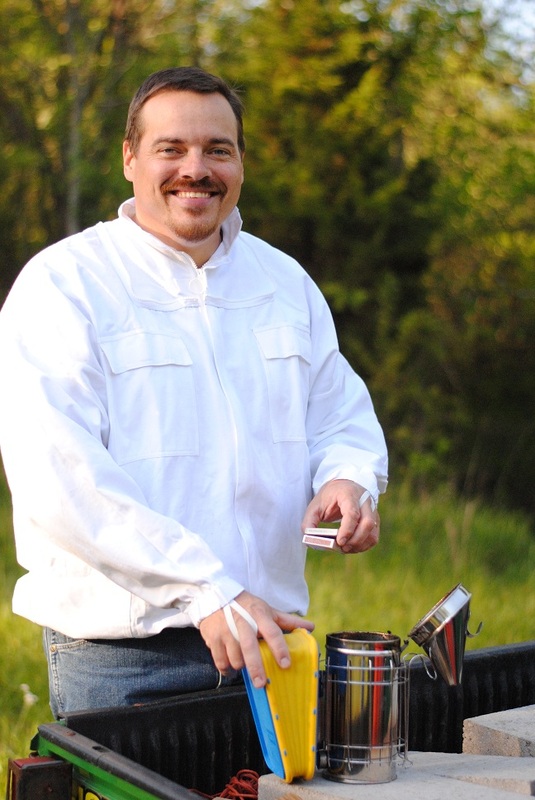Twelve years ago while living in the eco-overachieving city of Davis, California, one of my friends shared that she was getting worms and setting up a vermicompost bin. I must admit that at the time I thought she may have just gone a bit weird. Twelve years, forty acres, and a lot of personal eco-maturity later I’m proud to say that I’ve also gone a bit weird. After an obsessive amount of internet research, we began our vermicomposting in June 2011, with the purchase of one thousand red wigglers from http://www.unclejimswormfarm.com. We reused some retired storage bins that had outlived their useful life as, well, storage bins, shred up a two month supply of recycled pizza boxes for bedding, and set ourselves up as worm wranglers.
Over the summer, fall and most of winter we religiously added our fruit and vegetable scraps along with a disturbing volume of coffee grounds. Miraculously, our bin (barely) survived my rookie mistakes including 1) getting too wet, 2) overfeeding and 3) not harvesting soon enough. After several partial restarts and the addition of a second bin, this week marked the first harvest of our homemade “black gold.”
The harvest turned out to be too exciting for the two young human critters to avoid. My job was to handle and separate the compost while they transferred worms by the fistful to their freshly made bed. For the three year old this was accompanied by squeals of delight as the farm’s subsoil superheroes crawled, wriggled and jumped up her arms. Then my second grader said “Dad, I don’t think anyone else in my class is playing with worms today.” I answered that she was probably right and asked her if she thought they ever play with worms. “I don’t think so, at least not many. Most of them think that worms are ewwy. But worms are cool. Without worms the dirt would probably be bad. If the dirt was bad we probably wouldn’t have much food. And if we didn’t have much food then we would probably die. So, worms help to keep people from dying.” …Well, yeah, I guess they sort of do. My second grader had just made an insight that it took her dad twelve years to reach.
I’m eagerly awaiting the spring when I can get that black gold out in the raised beds. In the meantime, I still have a lot of learning to do in my remaining days around the sun. With my family, the critters and the land to help, there may be hope for me yet.
Over the summer, fall and most of winter we religiously added our fruit and vegetable scraps along with a disturbing volume of coffee grounds. Miraculously, our bin (barely) survived my rookie mistakes including 1) getting too wet, 2) overfeeding and 3) not harvesting soon enough. After several partial restarts and the addition of a second bin, this week marked the first harvest of our homemade “black gold.”
The harvest turned out to be too exciting for the two young human critters to avoid. My job was to handle and separate the compost while they transferred worms by the fistful to their freshly made bed. For the three year old this was accompanied by squeals of delight as the farm’s subsoil superheroes crawled, wriggled and jumped up her arms. Then my second grader said “Dad, I don’t think anyone else in my class is playing with worms today.” I answered that she was probably right and asked her if she thought they ever play with worms. “I don’t think so, at least not many. Most of them think that worms are ewwy. But worms are cool. Without worms the dirt would probably be bad. If the dirt was bad we probably wouldn’t have much food. And if we didn’t have much food then we would probably die. So, worms help to keep people from dying.” …Well, yeah, I guess they sort of do. My second grader had just made an insight that it took her dad twelve years to reach.
I’m eagerly awaiting the spring when I can get that black gold out in the raised beds. In the meantime, I still have a lot of learning to do in my remaining days around the sun. With my family, the critters and the land to help, there may be hope for me yet.

 RSS Feed
RSS Feed